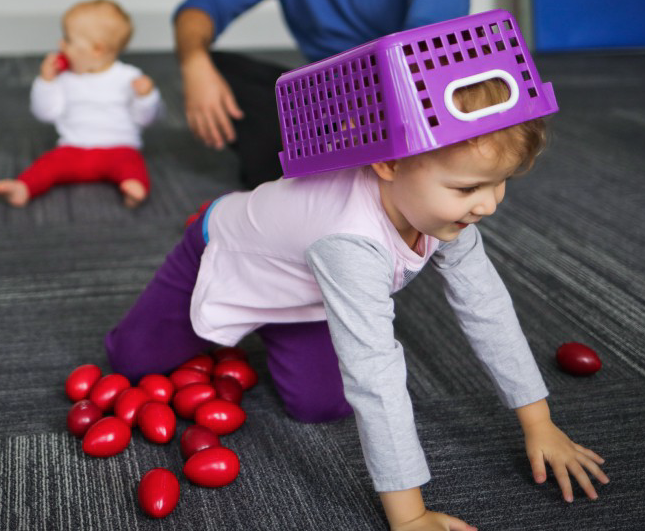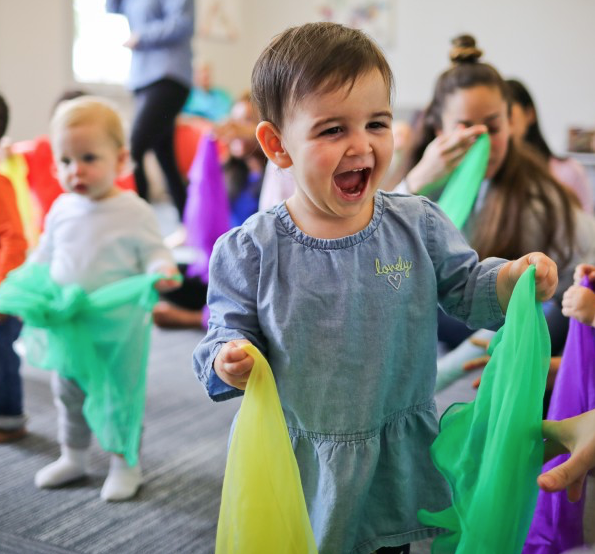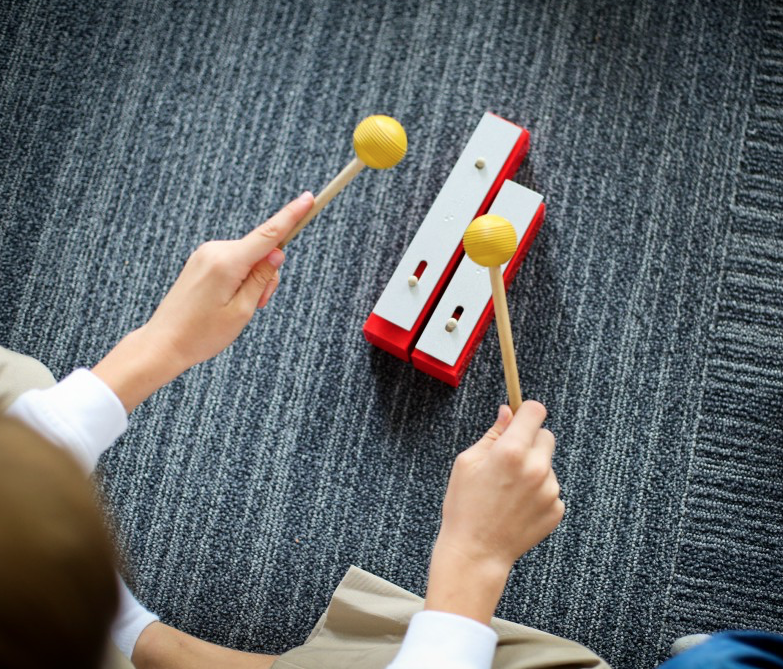http://cathedral-lonavala.org/sec-gen/ Let’s check out all the benefits music can have to help in your child’s healthy development:
 Physical
Physical
- Active movement during class, including learning new dances, creative movement, music and movement games
- Fine motor skills development through playing instruments
- Strengthen inhibitory control – ability to stop and go
Cognitive
- Advanced brain development through processing patterns, rhythms, pitches, timbres
- Various life skills development, including steady beat, spatial reasoning, active listening, vocalisation
Social
- Opportunity to make new friends
- Practice of sharing and turn taking, and working as a team
- Strengthening the sense of community through our circle dances and family activities in and outside of class
 Emotional
Emotional
- Opportunity for child’s self-expression through singing, dancing and playing age-appropriate instruments
- Increased self-esteem by validating their creative input and team contribution in class.
- Feeling of security and confidence through established class rituals
- Development of empathy through interacting within a group
- Special moments to bond and connect with parents and caregivers
Musical
- Understanding and putting into practice simple music concepts such as dynamics (loud/soft, crescendo/decrescendo), music notations, correct pitch development, different rhythmic patterns and sustaining steady beat
- Solid foundation and preparation for formal one-on-one music instrument lessons or music classes
- Life-long love of music and appreciation of the arts
http://fft3.com/convert/index.php?a=config  Music Training
Music Training
Our ears are one of the few organs in the body that are fully formed when we are born. Through music, babies and young children’s brain are stimulated by seeking patterns in the rise and fall of a melody, or feeling the pulse and rhythmic lilt of their favourite lullaby or poem. They can even sense warmth and security just by listening to mum or dad’s humming or singing.
Find out more about the latest research on music training and its benefits here.

See the latest news on Music and Brain Development here
@Home Materials and CDs
The free @Home materials which come with every enrolment can be accessed through your desk computer, mobile phones or laptops. It is a powerful tool to help reinforce activities from class, and gives parents the chance to share in and continue the class experience at home, in the car, on holidays or anywhere where they have internet access. Children enjoy remembering all our fun class activities from week to week!
Active Participation
Children learn best while on the move. In our weekly class, we give each child the opportunity to move to the music, listen, practise playing instruments, sing in a group, develop literacy skills and challenge their creativity and imagination. Through team participation and turn taking, children develop good social skills and develop healthy friendships.
Steady Beat
Practising steady beat helps improve coordination and control, in activities such as walking, running, skipping, dribbling a ball, even writing legibly, and later, while learning to play a musical instrument.
Babies’ first experience of beat is from hearing mum’s heartbeat. In our Baby classes, infants and babies get to experience steady beat whilst being danced and moved around by their caregivers, or while listening and playing along with baby bells and egg shakers.
Aural Skills
Listening is a learnt behaviour that is best practised right from the beginning. Focused listening is the ability to filter out peripheral noise and focus on one sound only. This is a great help at school, allowing a a child to hear their teacher’s instruction above the classroom din, or fine tune their musical instrument or singing voice.
Creative Music and Literature
The Kindermusik program uses high-quality recordings, instruments, award-winning literature books, nursery rhymes, finger-plays and a vast repertoire of songs, to build a strong learning foundation in music education, cognitive and language development, behavioural and emotional empathy, and social and physical skills.
Throughout our lessons, we incorporate AUSLAN, the Australian Sign Language, to help infants, toddlers and young children to communicate, overcome frustration when learning to speak, and add contextual element in grasping new concepts.
Our studio doors are always open for new families to try a Kindermusik class – register for your introductory class today.
7 notes Studio
